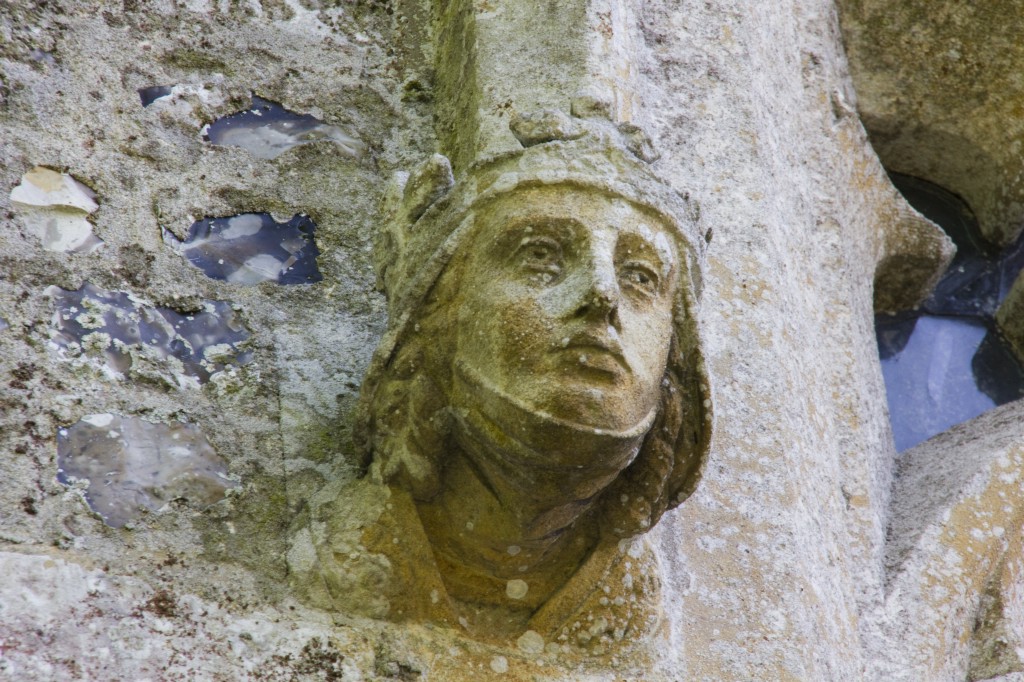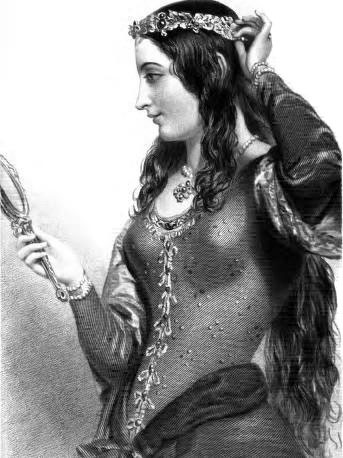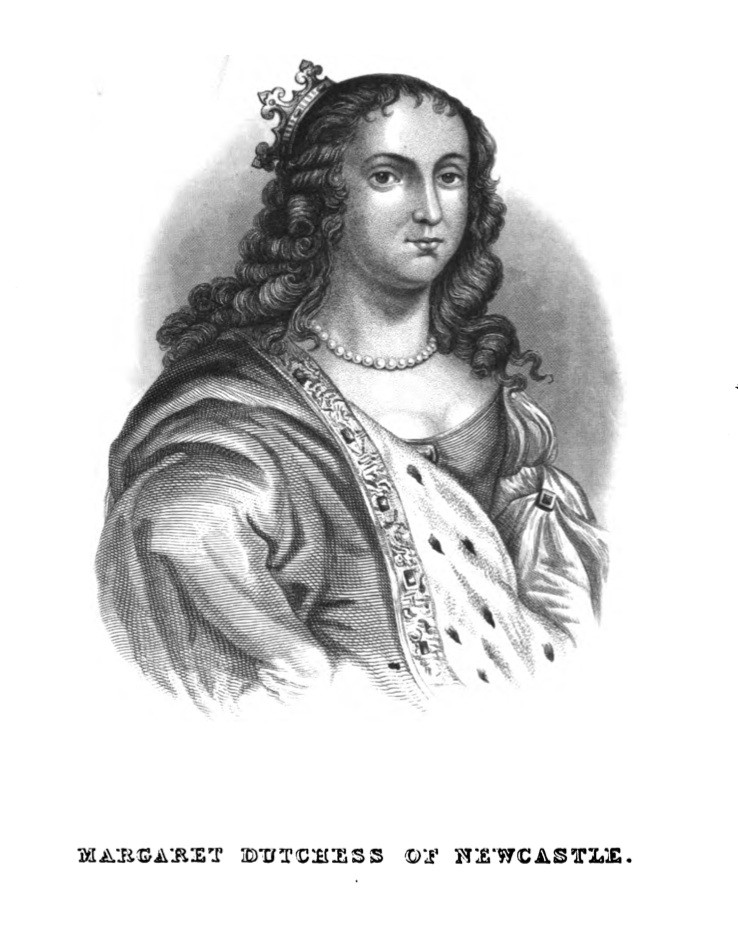What Medieval Women Can Tell Us About The 2016 Election
We have quite a ways to go.

A A few weeks ago, browsing the New York Times in an effort to distract myself from my dissertation, I found an article about Ivanka Trump that drew me right back into my research, which is about medieval and early modern women’s utopias. The article, “In Campaign and Company, Ivanka Trump Has a Central Role” by Jonathan Mahler, said things like: “In the Trump family business, he has given her a level of authority none of his wives, or for that matter executives, have ever had,” “Ms. Trump, 34, radiates disciplined poise and practiced reserve,” and “Ms. Trump douses flames.” In short, because Melania Trump has mostly stayed out of the limelight, Ivanka has filled this role, and is depicted as a soothing balm for Trump’s rashness, a politic mediator to the boorish real-estate tycoon.

Aside from making me vaguely queasy, this description of Ivanka, the surrogate wife, as both sedate pacifier and subtle manipulator, recalled my research on medieval queenship. Early queens were—like the women connected with contemporary politicians—often associated with intercession, conciliation and pacification. In England, the queen’s intercession was a publicly recognized right to intervene with her husband on behalf of their subjects. The thirteenth-century English queen Eleanor of Provence was especially well known for exercising this power, as she begged for pardons for elite subjects from her husband King Henry III and, consequently, gained support from powerful families for the throne.
Medieval queens and ladies were also expected to plead with their bellicose husbands for peace. The fifteenth-century French author Christine de Pizan explains the logic behind this assumption in The Treasure of the City of Ladies:
Men are by nature more courageous and more hot-headed, and the great desire they have to avenge themselves prevents their considering either the perils or the evils that can result from war. But women are by nature more timid and also of a sweeter disposition, and for this reason, if they are wise and if they wish to, they can be the best means of pacifying men.
Even though they did also participate in military affairs, women in power were imagined to be mediators and pacifiers in a way that resonates eerily with the role that Donald’s proxy wife, Ivanka, is perceived to play in his life.

So what about Hillary Clinton, the actual woman in the race, who has been more associated with warmongering than with peace? Feminists are torn. Madeleine Albright and Gloria Steinem have shamed young feminists for not supporting her. Others argue that feminism is about more than the equality of men and women and believe that their stances on foreign policy and wealth inequality align with those of Bernie Sanders. Still others have expressed outrage against the liberal backlash against Hillary (in all caps).
Hillary’s inadequacies are not due to her gender, and not all negative reactions to her campaign are necessarily tied to latent misogyny (though we have certainly seen examples of it on both the left and the right). The kinds of dilemmas that arise in Hillary’s run for president are, like the portrayal of Ivanka, not new.
Literary and historical critics have been troubled by the fact that the earliest female writers, the ones who make the greatest claims for female autonomy and authority, also tend to be politically conservative. These critics have been conflicted about how to view such early women writers. Are they radical proto-feminists or elitist supporters of the status quo?

The political choices of these women can be explained, in part, by the fact that there were very few examples of powerful women. It has been suggested the seventeenth-century English author Margaret Cavendish, Duchess of Newcastle-upon-Tyne, one of the first women to publish under own name, supported an absolute monarchy because the only model of female power available was the role of queen since women at this time were excluded from all state offices. The contemporary Lady Mary Wroth, the first woman to publish a prose romance (1621), operated within the elitist circles of her estate and the court because these were the locations in which women wielded power.
My research shows that women trying to carve out positions of authority are on shaky ground. They are often required to work with and remold stereotypes imposed upon them and often defy the binary of progressive and conservative by having feet in both camps. In this sense, they often (but not always) favor pragmatism over idealism.

Explaining her shift from being anti-Hillary to becoming a Hillary-supporter, Michelle Goldberg writes, “[Hillary]’s contorted herself so many times to meet the shifting demands our culture makes of women in public life. I understand why so many now see her as someone who can’t be trusted. But I’ve also come to understand the forces that made her that way.”
I am not interested in making a case for Hillary’s nomination, and for a long time was undecided about whether I would vote for her in California’s primary, but the ways women have been portrayed in this election cycle calls attention to the fact that we have not moved that far beyond the seventeenth century. We still lack nuanced ways to think about women in leadership roles. One thing this election has shown is that we need more women in power to offer alternative models and to develop paradigms of female authority that work beyond simple binaries.
Alexandra Verini is a doctoral candidate in the English Department at UCLA.